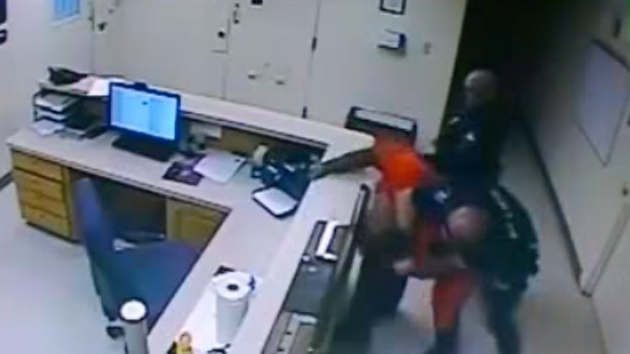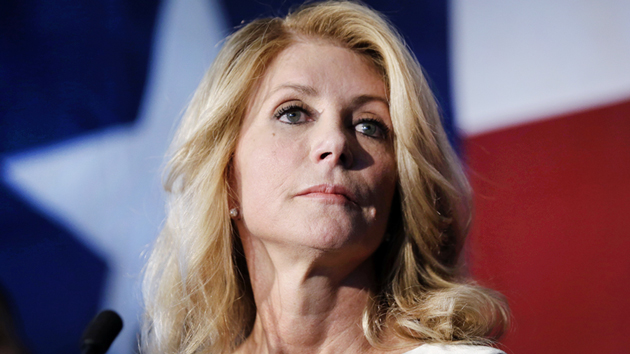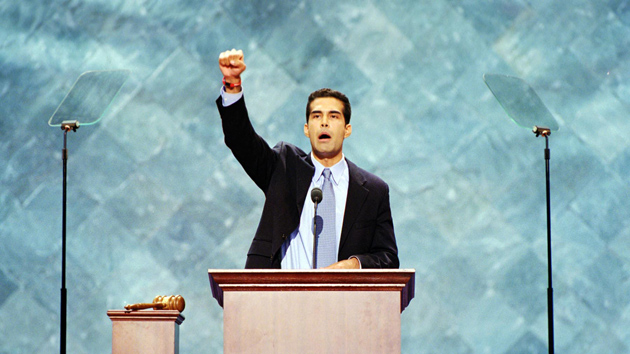
<a href="https://www.flickr.com/photos/miladus/958141420/in/photolist-brgaa9-7t3Xq8-5yirtJ-eyNSvz-7a7GA2-98QYJs-8E5hvy-9WKkaq-8UGv8X-8yqNiC-Dgzkg-j9Du5C-8W7pU6-e47Mgn-2sEJ4E-dtHsXC-Y6aB-4rXSy6-pgVVY-xnJLh-7fQjp1-8E5fms-86VYrK-8y3H-5j5ZHZ-8jmmyp-odFf74-yGumY-i8DAkM-obMZ9p-8Waq65-6ig1RC-8E2mJD-2hdmKf-8Watbd-i8DUAT-eMRfWg-jEaiia-i8DJMY-dfuURN-pCDuT-duWGP-i8E4Up-8efeGx-i8En2w-4ChWY-gaMKSw-5BrSah-i8DeuP-i8E5ch">Miladus Edenesis</a>/Flickr
Local fracking bans. Laws outlawing plastic bags. Strict tree-cutting ordinances. Another day in California? Nope. Welcome to life in urban Texas, where Democratic-controlled city councils are enacting powerful consumer and environmental protections—much to the chagrin of the state’s leading conservatives. “Texas is being California-ized, and you might not even be noticing it,” Gov.-elect Greg Abbott complained last week at a meeting of the conservative Texas Public Policy Foundation. “We’re forming a patchwork quilt of bans and rules and regulations that is eroding the Texas model.”
This, he added, is a nasty “form of collectivism” that could “turn the Texas miracle into the California nightmare.”
Though California has long been a conservative bête noire, Abbott’s comments highlight a rising fear among Texas Republicans. More than half of all Texans now live in 10 large urban counties that are growing much faster than the state as a whole. Their voters tend to be more liberal than other Texans, a trend that’s accelerating as minorities, young people, and out-of-staters settle there, lured by cosmopolitan neighborhoods and good jobs. According to a 2012 analysis by the Houston Chronicle and San Antonio Express-News, 70 percent of Democratic gains in Texas since 2000 have come from the four counties that encompass Dallas, Houston, San Antonio, and Austin. All of them voted for Barack Obama in 2012.
In a state known for caring more about hot-button social issues than consumer or environmental protections, it should come as no surprise that urbanites would turn to their city councils to tackle quality-of-life issues the state prefers to ignore. The fracking ban enacted this November in Denton, a college town near Dallas in the gas-rich Barnett Shale formation, is a case in point: It might have never passed had residents felt the state was doing enough to protect them. “It says the industry can’t come in and do whatever they want to do to people,” Cathy McMullen, the head of the Denton Drilling Awareness Group, told the Washington Post. “They can’t drill a well 300 feet from a park anymore. They can’t flare 200 feet from a child’s bedroom anymore.”
Last week, the governor-elect went on to suggest that the Legislature should crush such liberal local regulations. “My vision,” Abbot said, “is one where individual liberties are not bound by city limit signs.”
But critics quickly accused him of hypocrisy. “It’s disappointing to hear the governor-elect wants to overrule the will of city voters on a range of issues,” Bennett Sandlin, the executive director of the Texas Municipal League, which represents city governments, said in a press release. “It amounts to the same kind of governmental overreach at the state level that he opposes when it comes from Washington.”
That the new governor has so quickly backed himself into a rhetorical corner may reflect his party’s increasingly cramped political circumstances. Demographic trends strongly suggest that Texas will turn blue. The state GOP, sandwiched in between the big federal government and a lot of pesky little local ones, almost seems to be defending the political equivalent of the Alamo.
Almost, but not quite: The Alamo is in San Antonio, now a stronghold of Democrats.

















